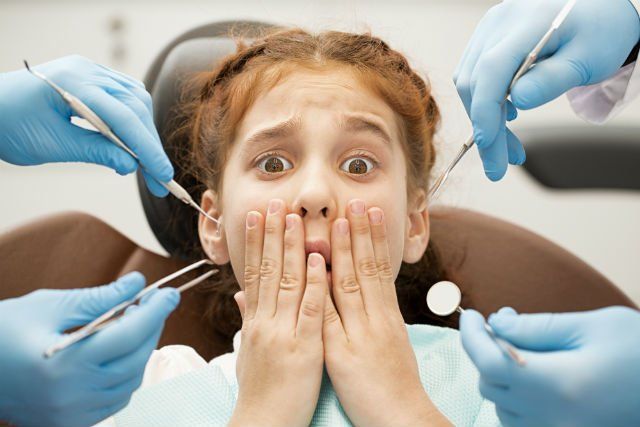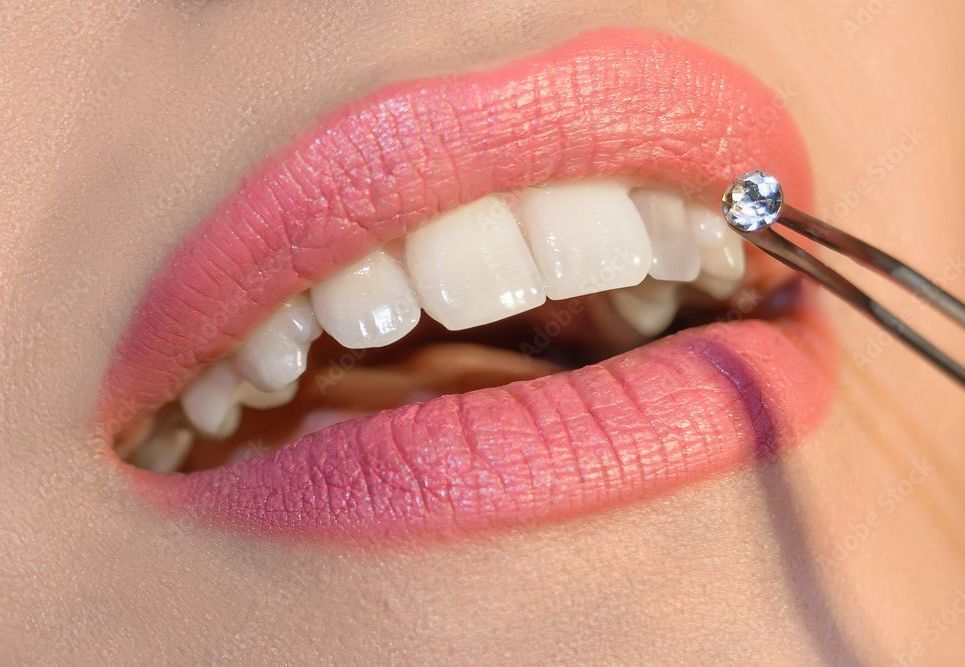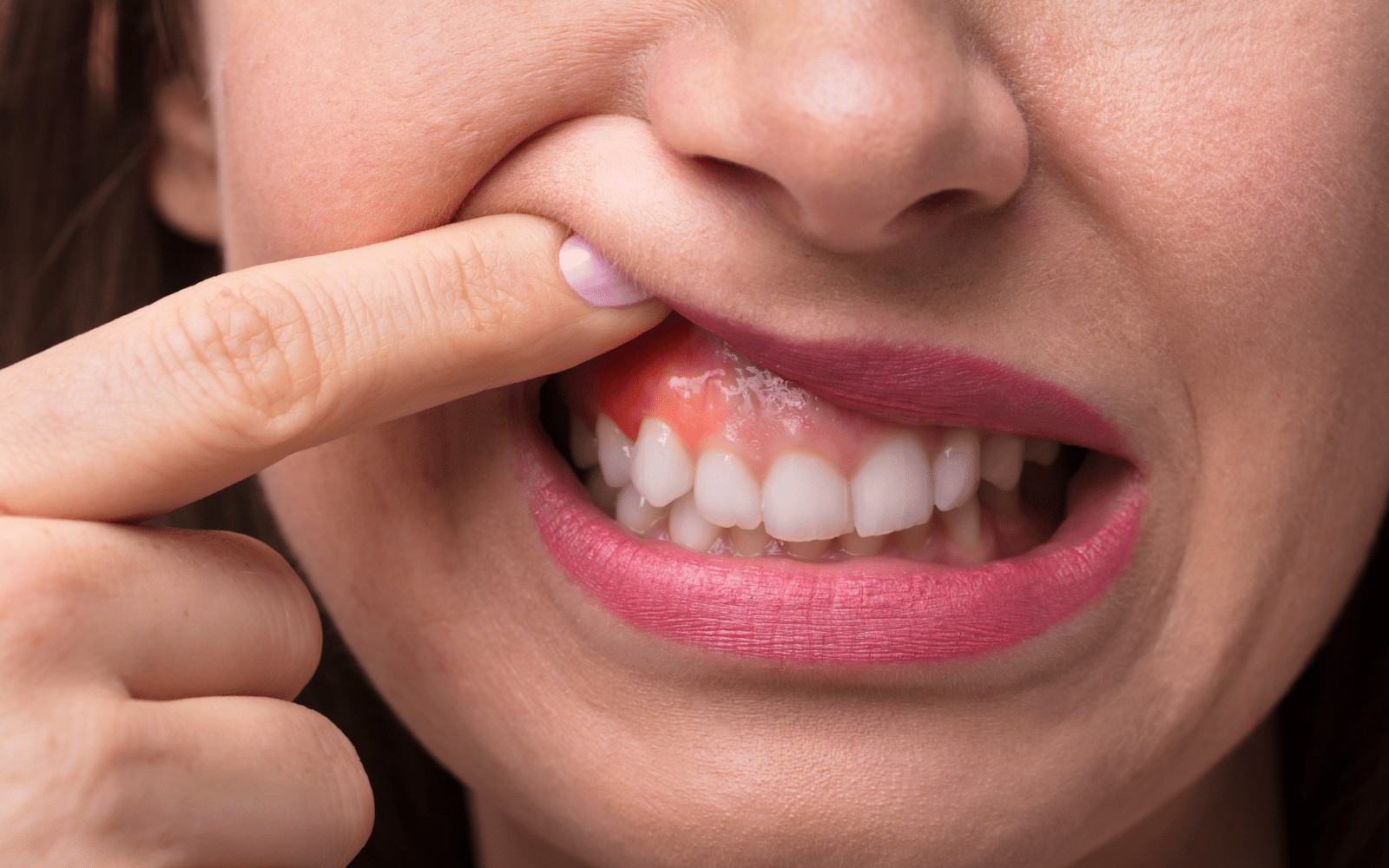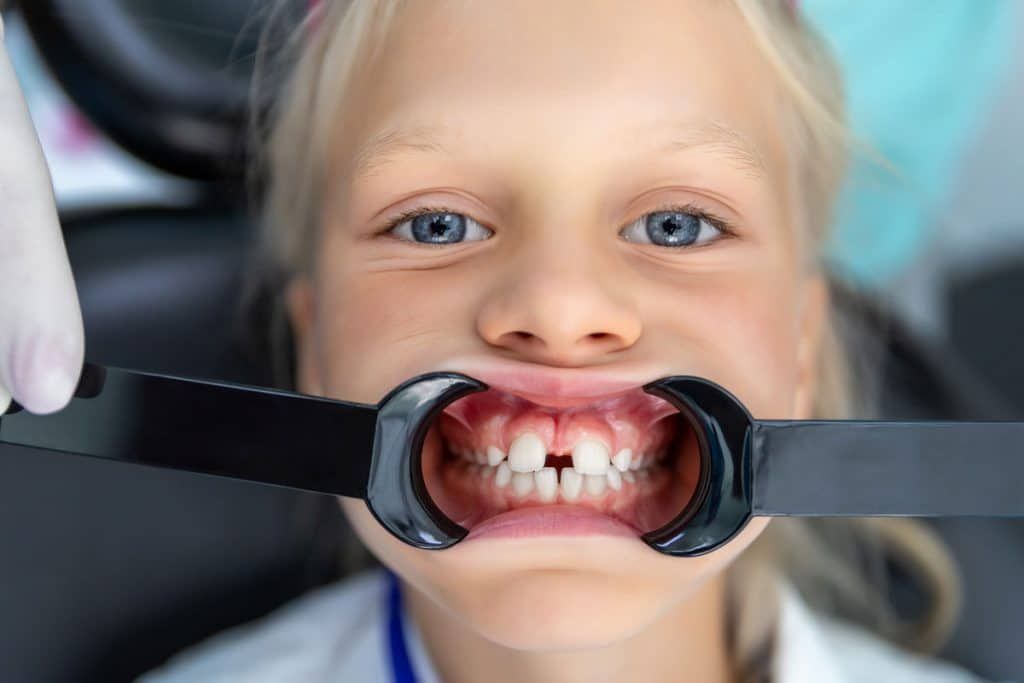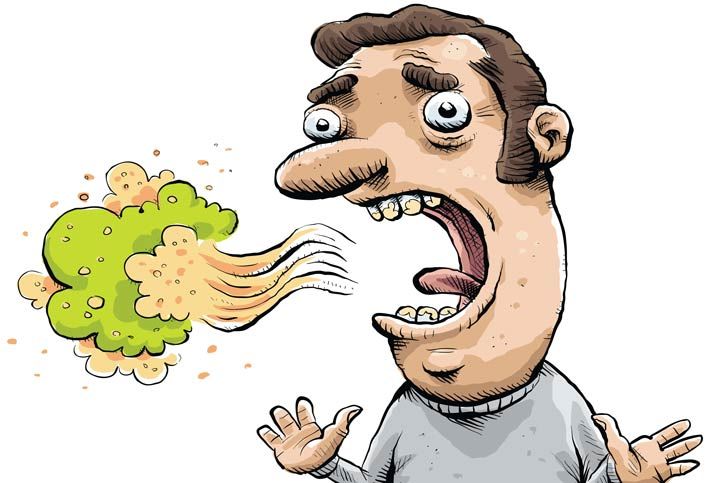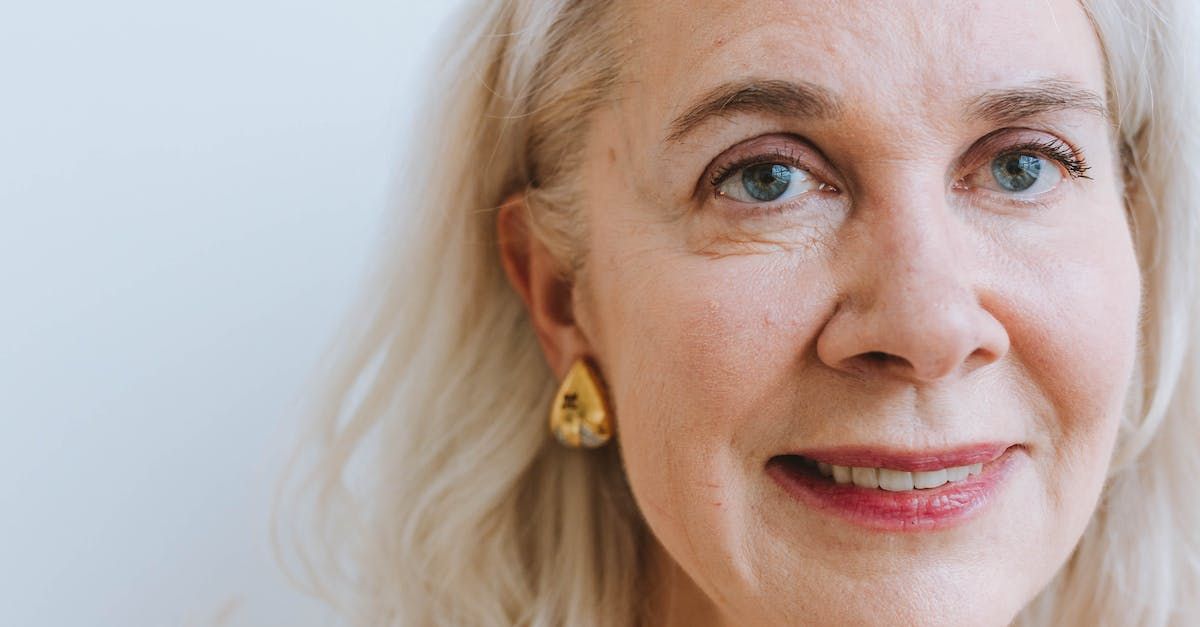How often you need to change the toothbrush?
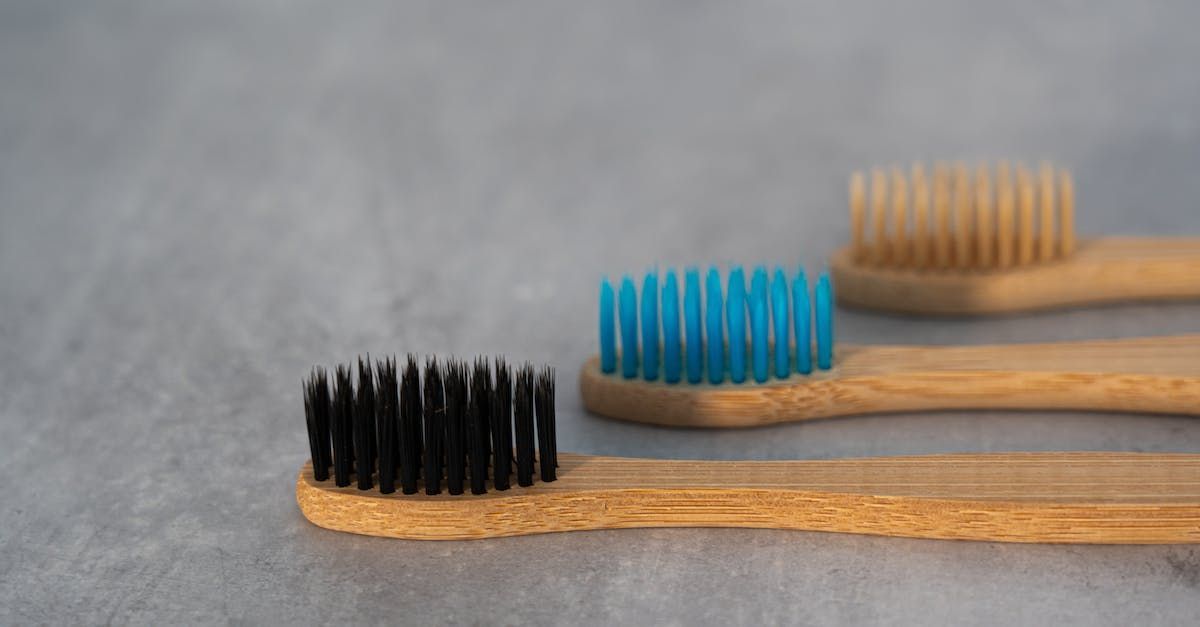
In addition, milk also contains phosphorous, which is essential for the development of a baby's bones and teeth while it is still in its mother's belly.
After birth, milk continues to be a very important food for our teeth. Its regular intake reduces the risk of developing caries, not only by strengthening the enamel, but also by counteracting the action of mouth bacteria. If we then consider that a recurring problem in dental care is the lack of adequate bone support for the upper and lower dental arches, strengthening the jaw and jawbones by drinking plenty of milk from an early age is a useful prevention!
What if I really don't like it?
Of course, for those who don't like milk, there are replacement drinks (such as those made with almonds) that provide a comparable amount of calcium to that contained in milk. The only thing to keep in mind when consuming milk and dairy products is to try to brush your teeth after consuming them in order to remove the lactose that settles on your teeth and which, like sugar, feeds the bacterial flora in your mouth.
